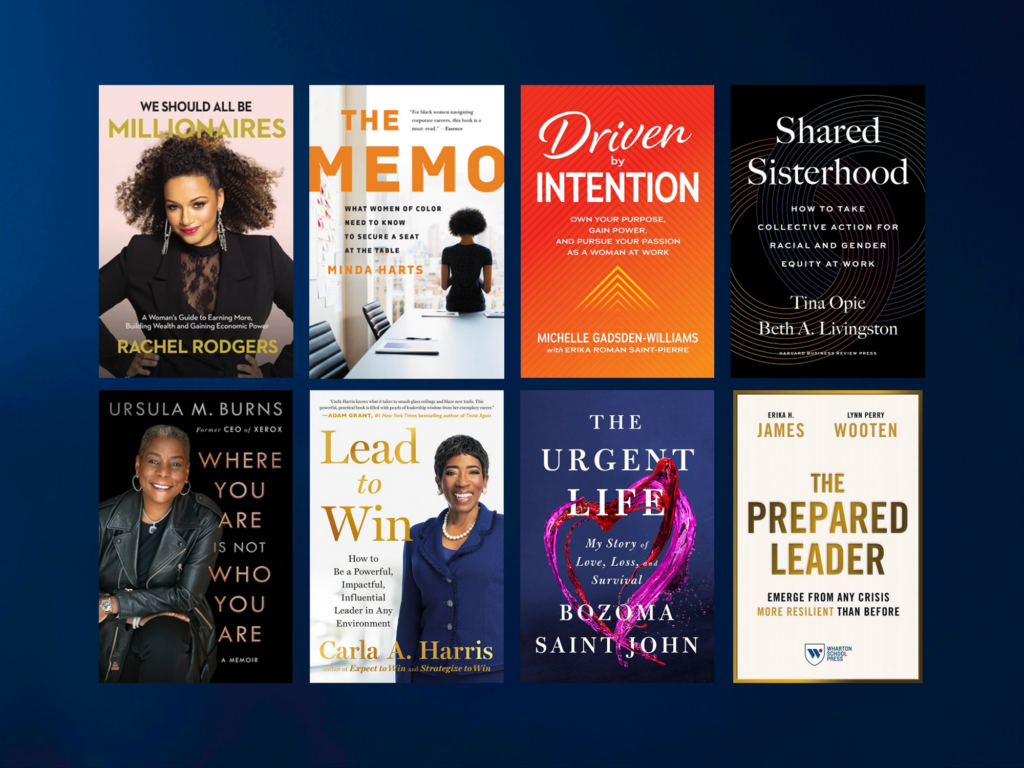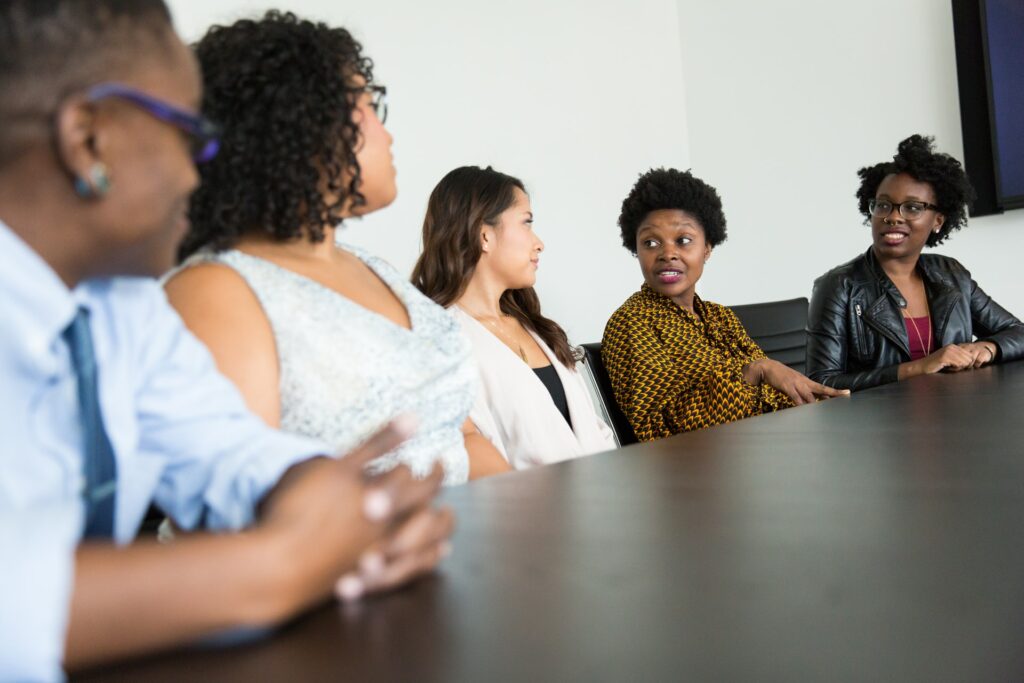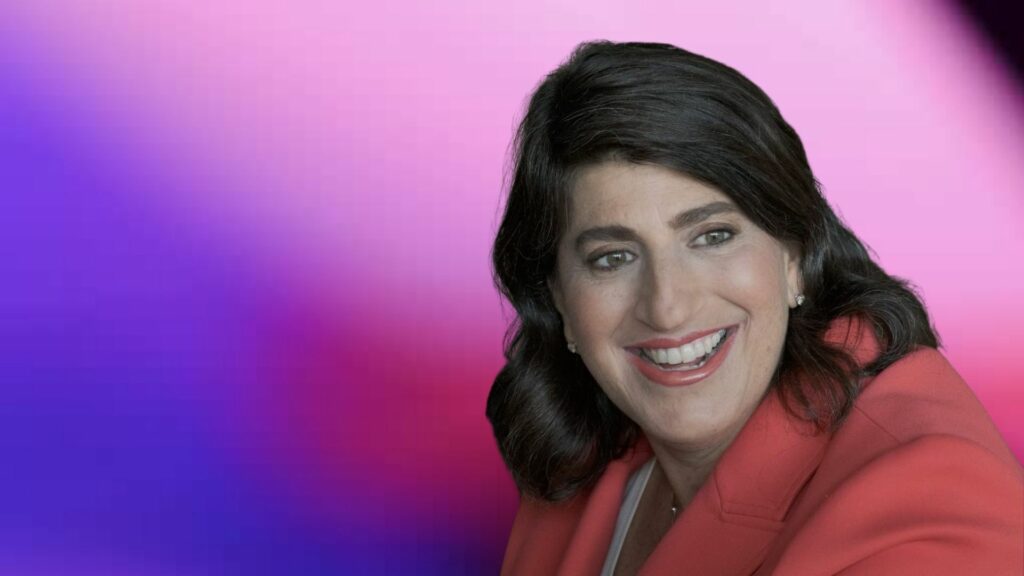How to take collective action for racial & gender equity at work with Dr. Tina Opie
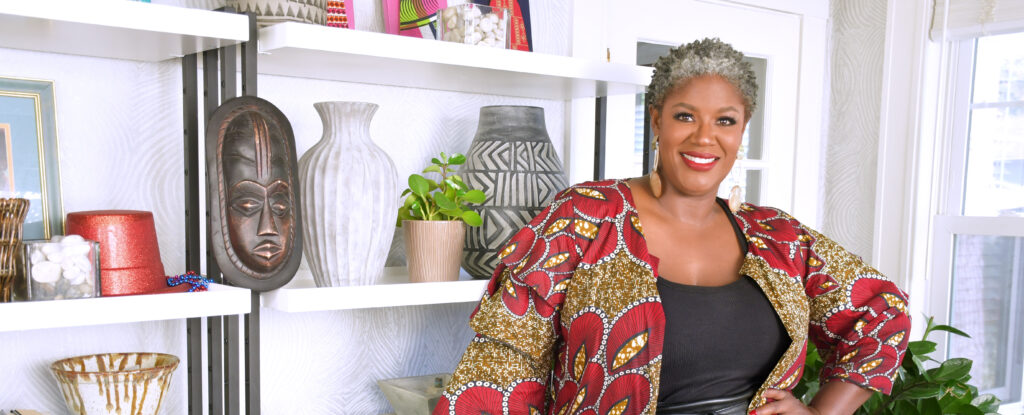
Shared Sisterhood by Dr. Tina Opie and Dr. Beth Livingston is out on OCTOBER 11.
Grab your copy today!
Tackling tough conversations head on is Dr. Tina Opie’s specialty.
From discussing the hair penalty to the concept of racism being disguised as professionalism, Dr. Opie doesn’t shy away from classically controversial conversations. In fact, she welcomes dialogue that highlights our differences and encourages us to get vulnerable. It’s within the walls of these honest, raw talks that she has witnessed participants get authentic, take risks, form empathy, and evolve. Recently featured as a speaker for the Women Of Color And Their Allies hybrid event alongside Minda Harts this past September, she’s constantly propelling the conversation forward on a variety of platforms, reaching a wide audience everywhere she goes.
“Together we can dismantle systemic inequities. But before we get to the together part, we need to get ourselves together,” says Dr. Opie.
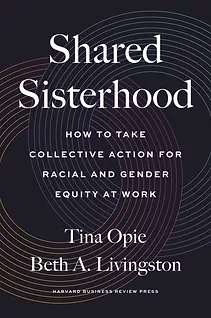
An award-winning researcher and Associate Professor of Management at Babson College, Dr. Opie advises small and large firms as a consultant. As the creator of the Shared Sisterhood movement, she helps organizations work towards gender and racial equality. As she puts it, while being a woman is not a requirement to join the sisterhood – being ready to dive into hard conversations is.
With a dad in the Navy and a mom in the Marines, Dr. Opie grew up a military brat in the South whose parents had high standards for success. From a young age, she had to learn how to fit in with different groups of people, a skill that would become a common thread in her career. A self-described bridge-builder and a critical thinker, her upbringing inspired her doctoral dissertation on peripherality, ever curious about the concept of being an outsider paving her own path inward.
Recognizing the challenge to confront systems that are already in place, Dr. Opie describes racism disguised as professionalism throughout her early education into adulthood when she pursued her MBA, and currently as she helps organizations improve their hiring processes for MBA students and other candidates.
“Oftentimes, people will say things like, ‘well, we tried to recruit women, but they’re just not in the pipeline or they’re not as competitive or they don’t fit or they don’t have the quantitative skills or maybe they’re not as refined,’ there’s all this language that people use,” explains Dr. Opie. “When it comes down to it, it’s not necessarily about the task. It’s about how well these different people comport with notions of who is and who is not professional, who does and who does not fit. And the research that I’ve done shows that for example, things like fit or professionalism are culturally determined.”
She was called to develop the Shared Sisterhood when she found herself at a stage in her career where she felt alone at work, excluded from certain social circles and networking opportunities. She quickly discovered that many other women were feeling the same way, and longed for a pathway into authentic, transformative conversations.
In the years since the movement has picked up momentum, thousands of followers have joined the cause, dedicating themselves to learning, growing, and reflecting. She and professor Beth A. Livingston have worked together to turn equity tools, research and methodology into the Shared Sisterhood book which hits physical and virtual shelves on October 11.
The three keys to Dr. Opie and Beth Livingston’s approach are digging in, bridging the divide, and advancing all women across organizations through collective action. MBAchic caught up with Dr. Opie to talk about workplace equity, why our differences need to be celebrated, and why she feels optimistic despite a racio-ethnic landscape that can be downright hostile.
Dig
“Dig is introspective. It is about you being really honest with yourself, understanding and surfacing our assumptions about things like race, gender, you know, what is your race or ethnic identity? When did you come to understand that? How does your understanding of yourself affect how you perceive other people?”
“Some of the reason why racism and sexism persists is because people delude themselves into thinking that they don’t have any biases,” explains Dr. Opie.
“They say ‘there’s not a racist or biased bone in my body,’ and that’s just a lie. Because the way the human brain works, we categorize.”
Bridge
Bridging the divide between women of all backgrounds through authentic relationships acts as the next step towards creating a healing and welcoming space for all.
Dr. Opie describes how her relationship with her co author Beth Livingston is a perfect illustration of this part of the process. While the two share many similar identities, (both are academics, mothers, and wives) as a Black Christian woman, Dr. Opie points out that she has some undeniable differences from Beth, a white atheist.
“There’s actually power in thinking about how you differ and then positively valuing that as opposed to denigrating it,” she explains.
“People want to be “colorblind,” that’s actually a racist ideology, because typically what happens is you render someone like me invisible. I’m proud of my Black heritage…what I want you to do is see it fully in my humanity and not devalue it.”
Collective Action
The final aspect of the Shared Sisterhood framework aims to advance all women across organizations and beyond through developing vulnerability, trust, and empathy.
From workplace planning, to recruiting, to workplace management, a lot of the work centers on the ways organizations can improve their structures to be more inclusive. Some of the suggestions Dr. Opie offers organizational leaders include thinking about things from the top down and also from the bottom up.
“Many people will say, well, let’s just focus on policy. Let’s not be worried about hearts and minds. Let’s just see what the law is, I actually disagree with that,” says Dr Opie. “So some of the toolkit that I offer is that dig and bridge approach for leaders. Before you try to re-engineer your entire leadership, culture, all of your initiatives around DEI, do you even understand your stance related to all of those issues? You’re talking about reconfiguring your gender initiatives, well, what do you think about gender?”
“We live in a sexist society where there is a valuation of people based on the gender that they present and I think it harms us to deny that,” says Dr. Opie.
“So from the top down, one of the things that I really encourage leaders to do is to do that dig work, to understand their own positioning and stance, and see if those issues or those assumptions are in any way reflected in the way that they navigate the workplace and in the policies of their workplace.”
As for how Dr. Opie is feeling about the work she’s doing in the current political climate; she’s optimistic, but not blind to the polarization that exists.
“Dr. Donnelly talks about how you can divide the population in these three categories: the top 20 percent, those are the people who no matter what you do, they’re going to be for you…there’s not many things you could do to cause them to leave your corner. The bottom 20 percent are your foes, those are the people who pretty much no matter what you do, they’re not going to come around to support you,” says Dr. Opie.
“So my advice – and it’s not just for Black women or Latinx women or Asian women or Middle Eastern women – it’s for all human beings – focus on the 60%. Those are the people who are movable.”
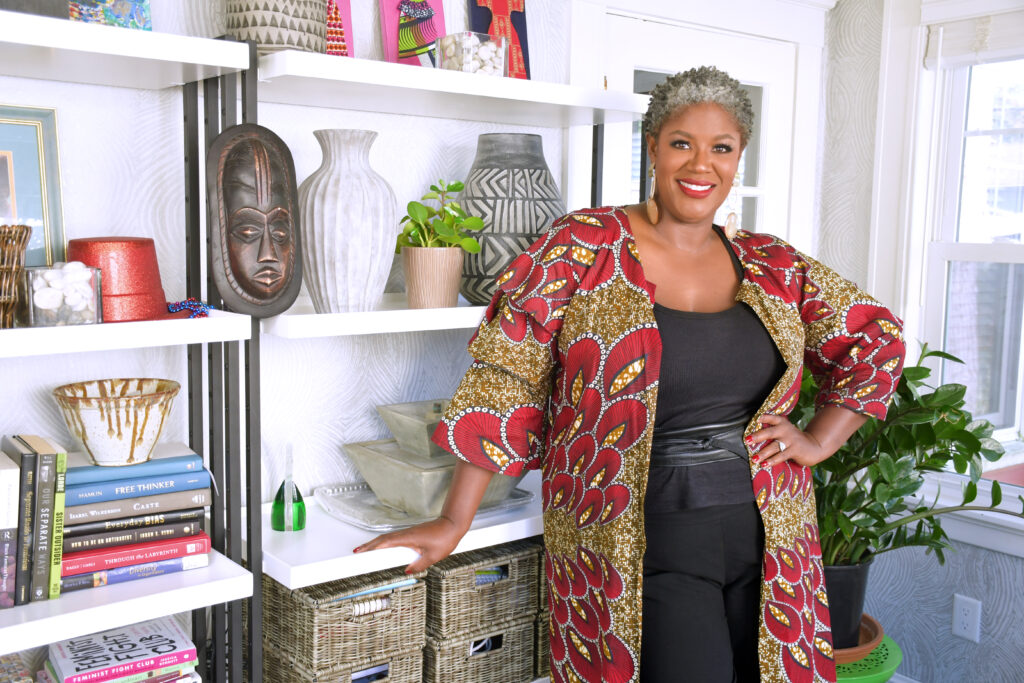
Photos from Dr. Tina Opie


